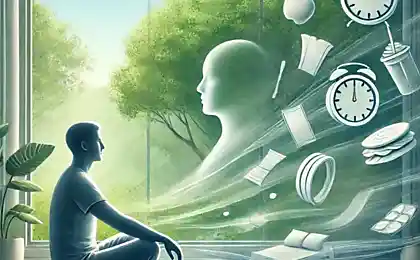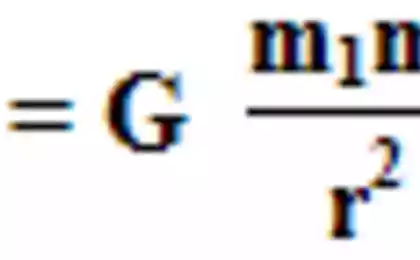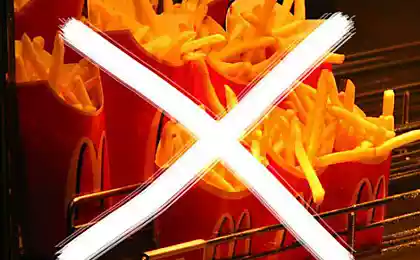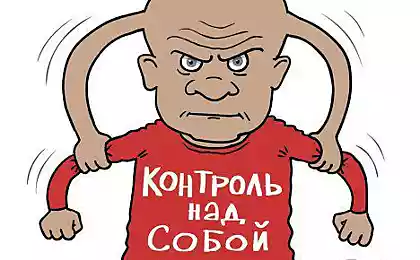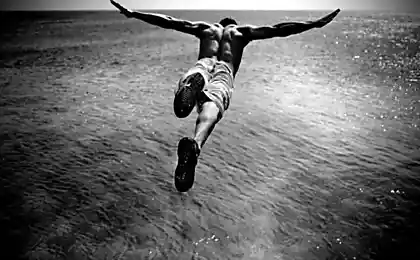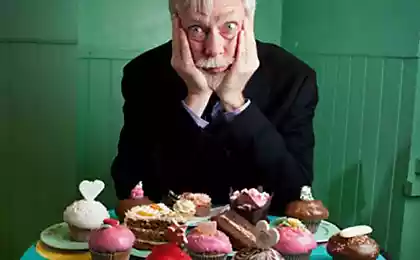530
5 traps for willpower: self-control
What prevents us from becoming better? 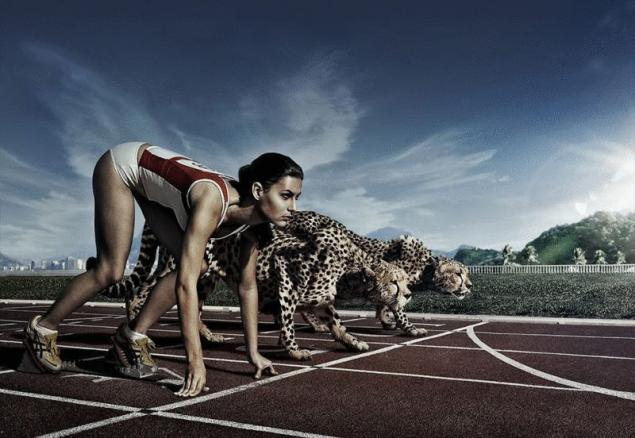
The distraction Solution that require willpower, you can not take on autopilot — the brain by default will choose the least tedious (and therefore wrong) option. So in a moment of choice, it is important to be focused, otherwise you can unwittingly succumb to the temptation. Baba Shiv, Professor of marketing at Stanford graduate school of business, proved that when people are distracted, they are more likely to succumb to temptations. For example, students who are trying to remember a telephone number are 50% more likely to choose a snack, not the fruit, chocolate cake, and scattered buyers are more receptive to in-store advertising.
Lack of glucose researchers from the University of South Dakota suggested that the brain periodically weakens self-control for reasons of economy: it wastes energy when the stocks are high but take care, if the resources are depleted. To test this theory, scientists conducted an experiment. Participants were asked to choose between two prizes: 120$ that can be obtained today or 450$, which can only be taken in a week (a classical test for the strength of will — a choice between a smaller immediate reward and a more favorable delayed consequences). Before the experiment, the researchers measured the blood sugar of the test, and after the first round, participants were given either ordinary drinking sweet Cola, or diet. Those participants who received a "sugar feeding", often shown restraint in the second round and decided to wait for 450$.
Excessive force will Power something like a muscle: it gets tired and to recover after the vacation. This conclusion was made by American psychologist Roy Baumeister, after watching the people who had to control themselves in different situations. It turned out that resources of willpower is limited and their actions is not enough: if you spend all forces on the self-control in one area, you will have to show weakness to the other. For example, smokers, giving up his bad habits, unable to lean on the sweet, and people are constantly restraining their emotions, harder to control financial costs.
The good intentions of Scientists from the Baruch College of the City University of new York became interested in the strange statistics at McDonald's: big Mac sales increased significantly after the menu appeared more than healthy food. The researchers conducted an experiment and simulated the situation of a restaurant ordering in a psychological experiment. Strange statistics again confirmed — as soon as the menu was a salad, the participants began more often to choose the hamburgers. This is because the human mind is prone to accept a future solution (or even the possibility of such solutions) for already committed action. Therefore, the very appearance of the option "eat a salad" is actually equivalent to choosing healthy meals. After that, the visitor subconsciously believes that if he has already taken care of your health, now you can relax.
The guilt and fear Trying to help the person to take himself in hand, others often try to put pressure on his guilt. But it's not the best approach. Because guilt causes stress, and the brain to cope with the unpleasant sensations, started to find the source of pleasant emotions. So, feeling guilty, more people are starting to eat, drink, shop and play video games. Similar reaction and fear. Psychologists conducted a rather unpleasant experiment in grocery stores — asked visitors to think about their own death. It turned out that after this test people are starting to spend more money on food to "stress-eating".published
P. S. And remember, just changing your mind — together we change the world! ©
Source: theoryandpractice.ru

The distraction Solution that require willpower, you can not take on autopilot — the brain by default will choose the least tedious (and therefore wrong) option. So in a moment of choice, it is important to be focused, otherwise you can unwittingly succumb to the temptation. Baba Shiv, Professor of marketing at Stanford graduate school of business, proved that when people are distracted, they are more likely to succumb to temptations. For example, students who are trying to remember a telephone number are 50% more likely to choose a snack, not the fruit, chocolate cake, and scattered buyers are more receptive to in-store advertising.
Lack of glucose researchers from the University of South Dakota suggested that the brain periodically weakens self-control for reasons of economy: it wastes energy when the stocks are high but take care, if the resources are depleted. To test this theory, scientists conducted an experiment. Participants were asked to choose between two prizes: 120$ that can be obtained today or 450$, which can only be taken in a week (a classical test for the strength of will — a choice between a smaller immediate reward and a more favorable delayed consequences). Before the experiment, the researchers measured the blood sugar of the test, and after the first round, participants were given either ordinary drinking sweet Cola, or diet. Those participants who received a "sugar feeding", often shown restraint in the second round and decided to wait for 450$.
Excessive force will Power something like a muscle: it gets tired and to recover after the vacation. This conclusion was made by American psychologist Roy Baumeister, after watching the people who had to control themselves in different situations. It turned out that resources of willpower is limited and their actions is not enough: if you spend all forces on the self-control in one area, you will have to show weakness to the other. For example, smokers, giving up his bad habits, unable to lean on the sweet, and people are constantly restraining their emotions, harder to control financial costs.
The good intentions of Scientists from the Baruch College of the City University of new York became interested in the strange statistics at McDonald's: big Mac sales increased significantly after the menu appeared more than healthy food. The researchers conducted an experiment and simulated the situation of a restaurant ordering in a psychological experiment. Strange statistics again confirmed — as soon as the menu was a salad, the participants began more often to choose the hamburgers. This is because the human mind is prone to accept a future solution (or even the possibility of such solutions) for already committed action. Therefore, the very appearance of the option "eat a salad" is actually equivalent to choosing healthy meals. After that, the visitor subconsciously believes that if he has already taken care of your health, now you can relax.
The guilt and fear Trying to help the person to take himself in hand, others often try to put pressure on his guilt. But it's not the best approach. Because guilt causes stress, and the brain to cope with the unpleasant sensations, started to find the source of pleasant emotions. So, feeling guilty, more people are starting to eat, drink, shop and play video games. Similar reaction and fear. Psychologists conducted a rather unpleasant experiment in grocery stores — asked visitors to think about their own death. It turned out that after this test people are starting to spend more money on food to "stress-eating".published
P. S. And remember, just changing your mind — together we change the world! ©
Source: theoryandpractice.ru
Scientist Stuart Russell on artificial intelligence
6 facts about holography, which you might not know

